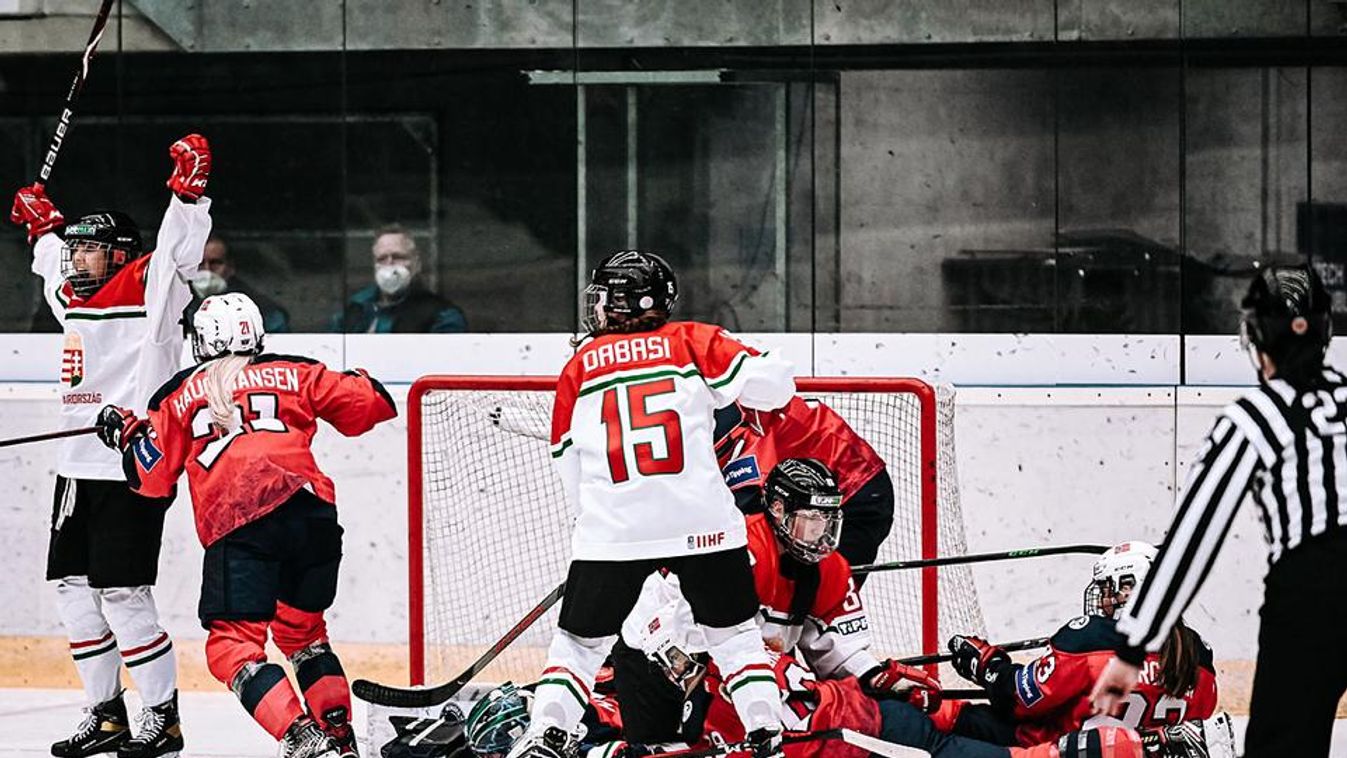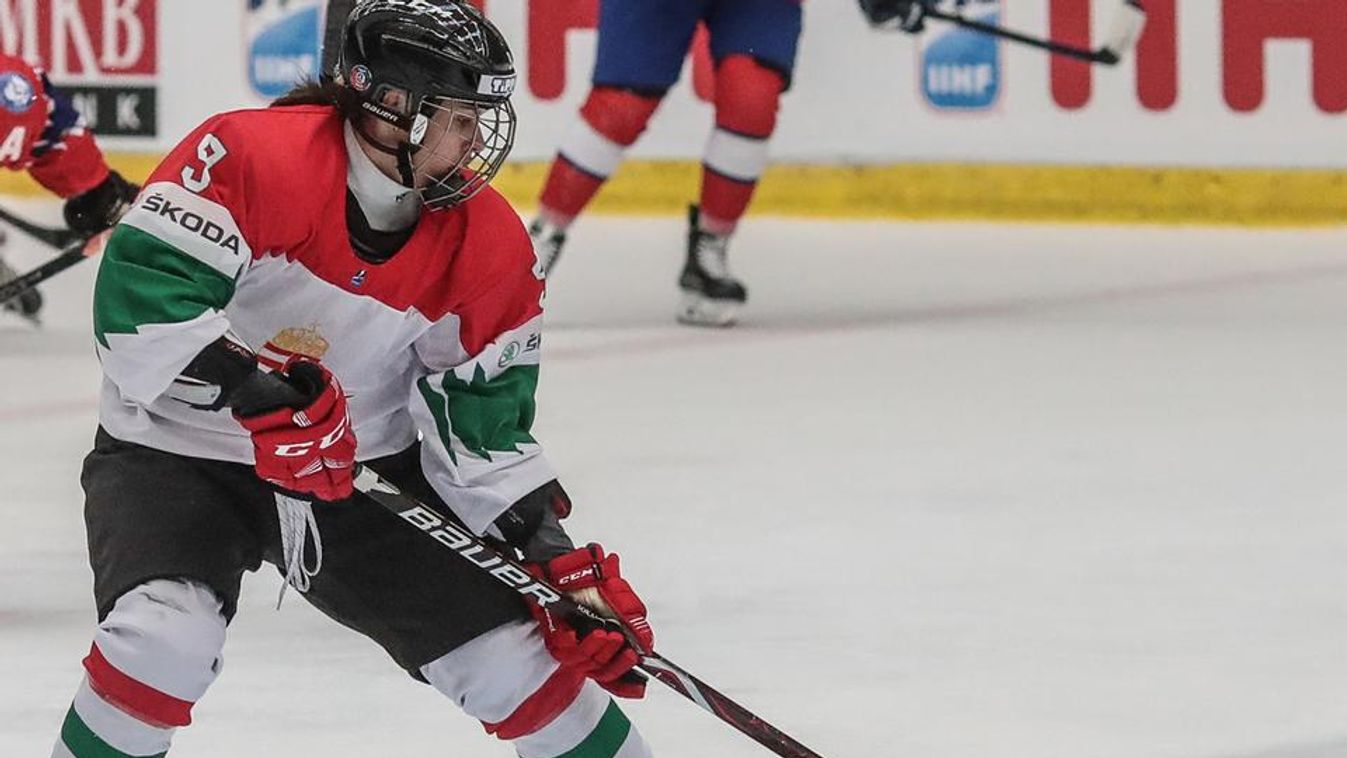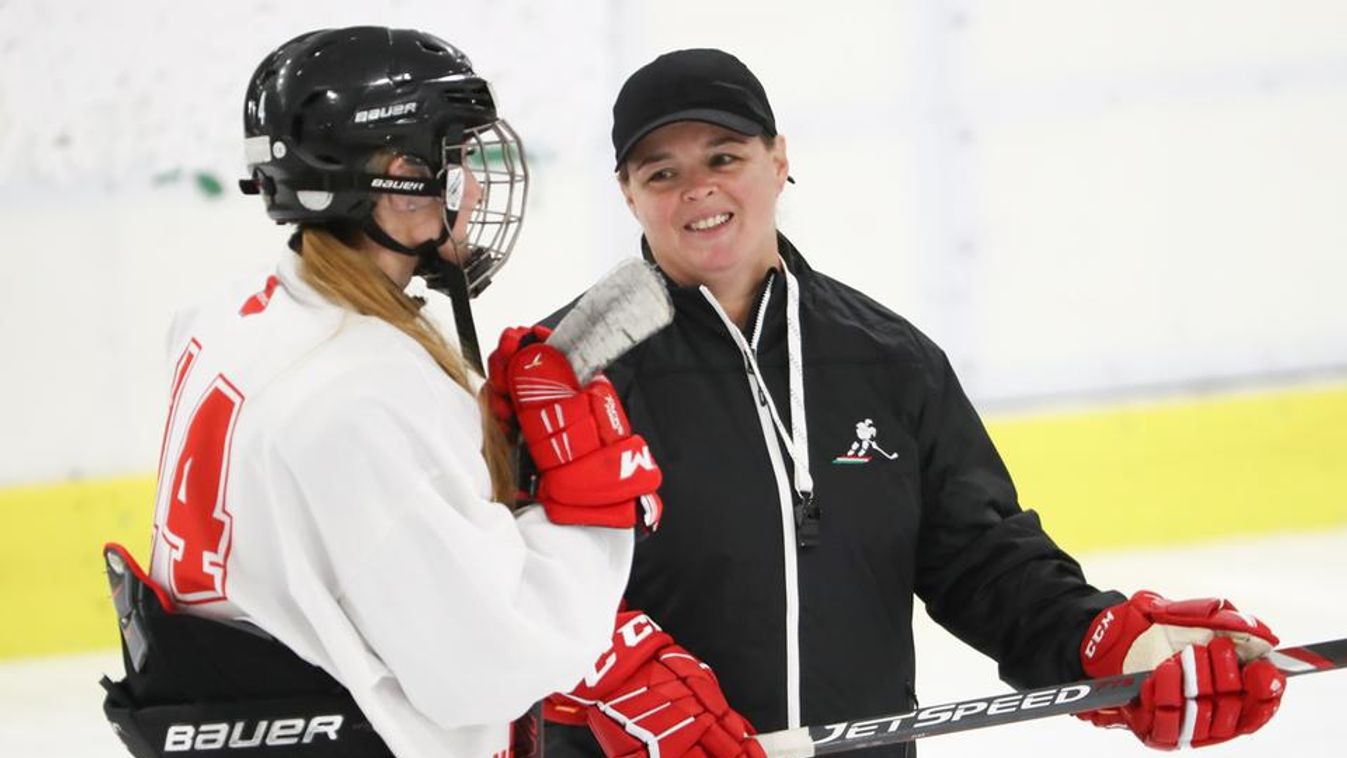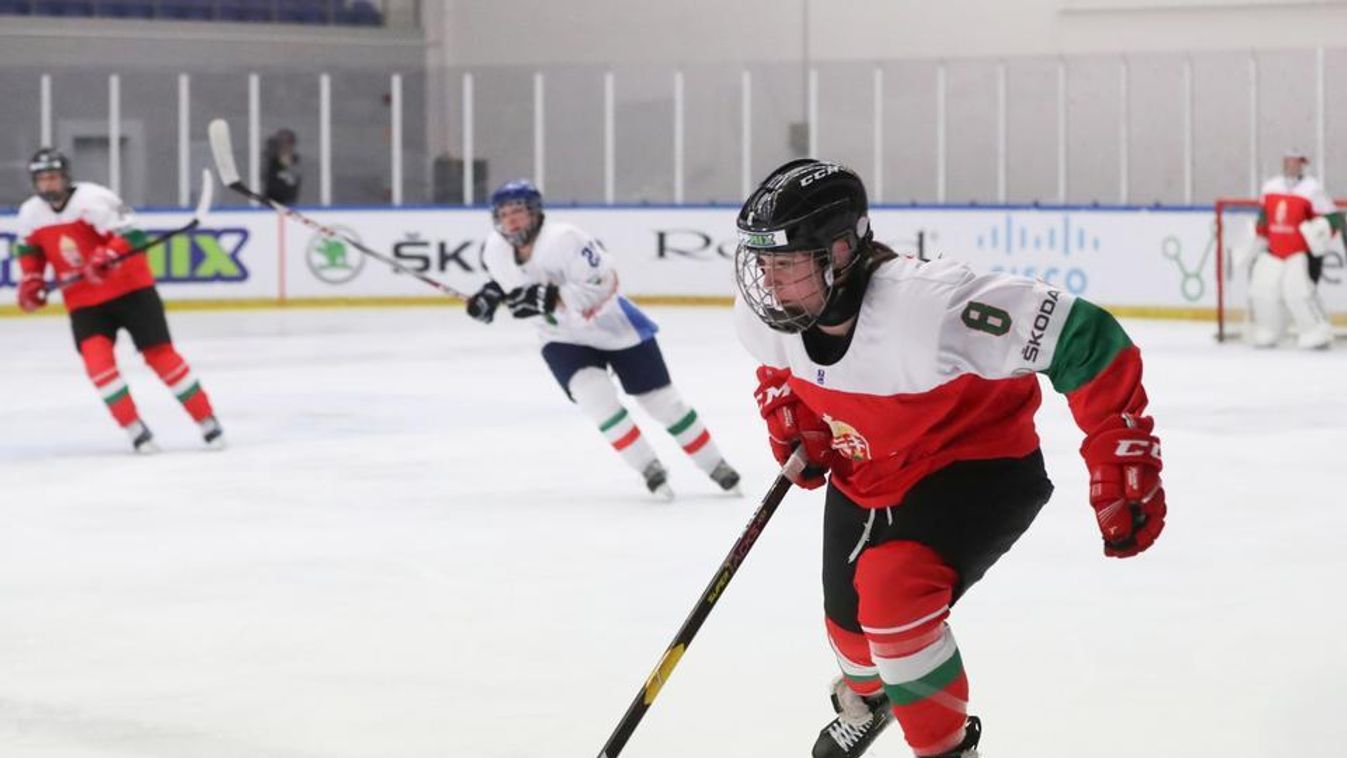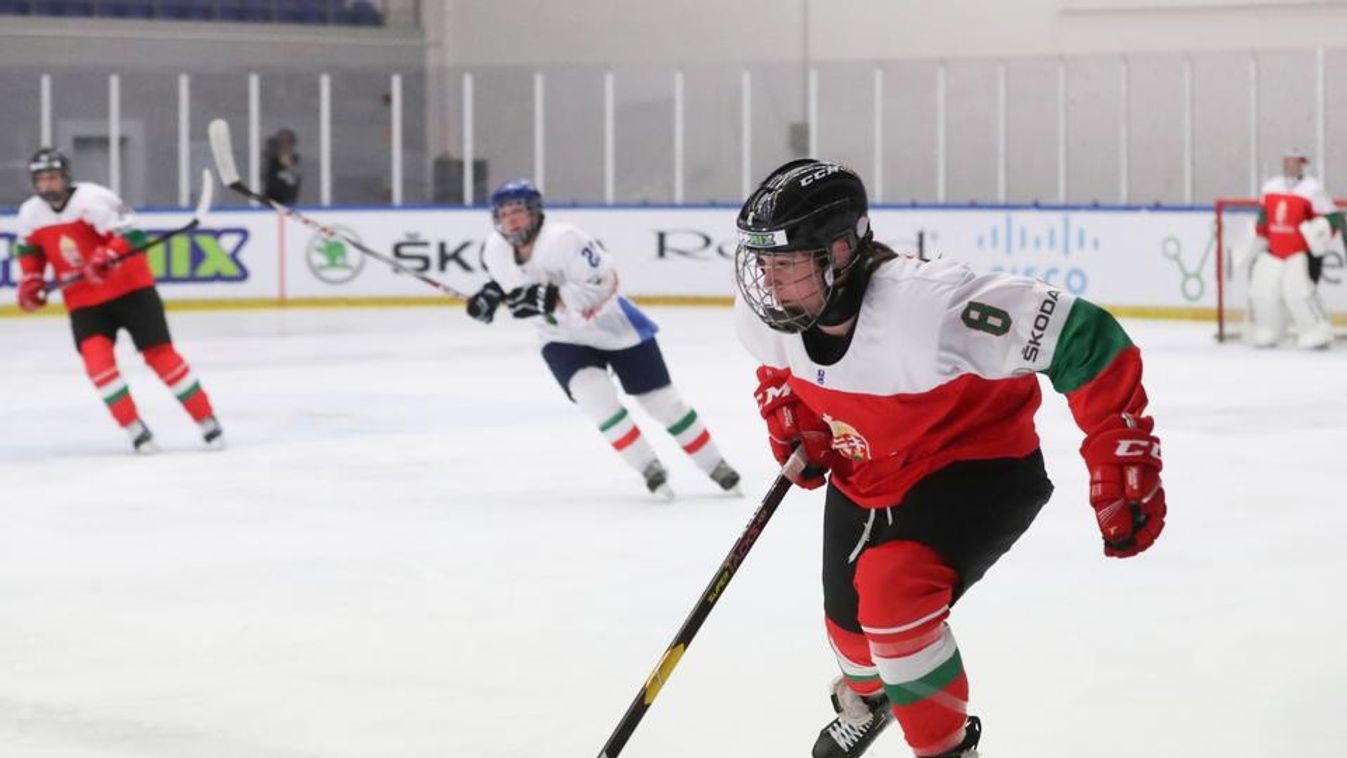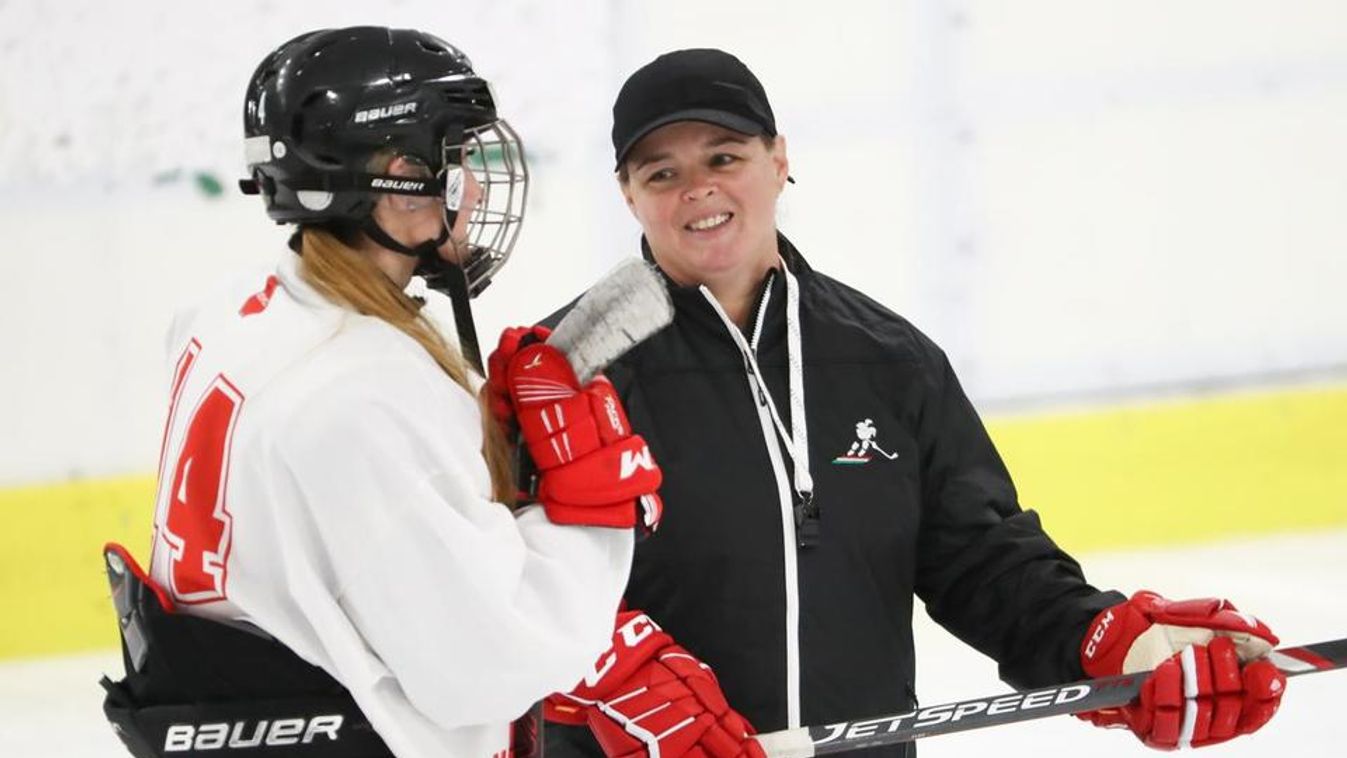
Women's Ice Hockey World Championships: Hungarians can finally play

A week before the Hungarian men's national team performed the "Sapporo miracle," that is, they were promoted from Division 1, the women's team had barely been eliminated from Division 3. In April 2008, one of the Hungarian teams made it to the top 16 after 70 years and the other was happy to stay in the "top 27." In comparison, the boys are in Division 1 again, but the girls are starting the first elite world championships in their history.
Obviously, increasing the number of countries in the elite World Championships has helped, but from eight to ten only, so it is even more difficult to get to the top here than in the men's. The women's world ranking lists 40 while the men's lists 55 countries' national teams, so the elite field by gender represents the top 25 and 29 percent, respectively. The point is that in the decade that has now been counted down, both Hungarian teams have been in the formerly known “pool A.” Consequently, the main feature of Hungarian hockey is development – both within and outside the border.

Very far – this would be the short answer, but the professional one is longer, of course. Because at the turn of the millennium, in groups A, B and elsewhere, in a system that was subordinated to each other, the Hungarian women's national team struggled to qualify in Group B. At the infamous 2008 World Championship, held in Miskolc, the team was already a Division 3 due to the renaming. However, Kolbenheyer and some other teammates paused their sports careers due to childbearing, and since there was hardly any resupply team, a team of players came together in agony that they were almost relegated.
"A lot of times we make the mistake of forgetting what the old team did. That's one thing that they didn't get promoted, but they didn't relegate, so the new one didn't have to start from the bottom," Kolbenheyer continued. Hungarian hockey then started developing with the help of a handful of hockey fans as usual. “Peti Molnár, Csabi Gömöri, Norbi Buzás and Laci Medgyes kept looking at where to compete: our teams started going to Prague, we also had a U18 national team, which reached the age-group elite in 2012 and stayed in. After that, there was no question that as soon as they come of age, they would move on to the adult national team."
Long story short: most of that youth squad is the backbone of today's adult national team, but the older ones still had to advance to the elite, for which Canadian Italian Pat Cortina was essential. Yes, he was the one who did the same thing to the Hungarian men's team in 2008, and two years ago he became the first coach in hockey history to bring a country's men's and women's national teams to the elite. Since then, however, two and a half years have passed, the coronavirus pandemic has come, which has led to the cancellation of the 2020 World Championships, then got postponed from April to May 2021 and then to August. This is where we are now: under the guidance of Olympic champion assistant coach Lisa Haley (Canada), the Hungarian women's national team is preparing for its first world championship game against Germany at 8pm Hungary time.
"Lisa is an amazing expert. She has been very concerned for the girls, she has come to all the programs and conducted everything even though the pandemic has been a constant difficulty. Plus, as a Canadian, she knows exactly who our current opponents are, and that can obviously help. We can't expect to win a game, though...,” Kolbenheyer said realistically. The Hungarian girls are the lowest rated in the field. In addition, some players are missing such as the best of the team, the naturalized Canadian Averi Nooren who no longer plays ice hockey, Zsófia Jókai-Szilágyi has just been forced to retire due to a spinal injury in the neck, and Alexandra Husák is missing due to a knee injury. So, the squad is only of 24, not 25 members. At the same time, the good news is that since the divisional World Championships were not held due to Covid-19, no one can be eliminated from the elite, so Hungary is also guaranteed a place among the best next year. "There is room for improvement, and many people still feel, 'Ah, it's only women's hockey....' But these girls train just as much, they devote their lives to ice hockey and give up everything else. The only difference could be that they can't make living with it like men can. The perception of the discipline has changed a lot over the last decade as well; we are moving in the right direction; we are 12th in the world rankings. Now, we can compete in the top 10 and it would be nice to give everyone a surprise. I've our last training match against Japan, which we lost, but we kept up the pace for fifty-five minutes against a team that the world-number-one United States could barely beat at the last World Championships..."



Női jégkorong-vb: végre tényleg játszhatnak a lányaink

Tizenöt méteres óriáskígyó tartotta rettegésben Indiát

Magyar Péter bevallotta, hogy loptak

Házasság első látásra: egyetlen páros döntött az együtt maradás mellett

Ukrajnában szavaztak a magyarokról – lesújtó a végeredmény

Házasság első látásra: Hilda az ágyába csalta Lacit, a kamerák mindent vettek

Senkinek sem kell a Rolex – beszakadt a svájci óraexport

Itt a drámai bejelentés: újabb pusztító fegyvereket kap Ukrajna, kitörhet a világháború

A Manchester United szerződést adott Jürgen Kloppnak

Szombati sportműsor: NB I, NB II-es rangadó, topligák, Formula–1, sznúker-vb

Dibusz Dénes: Bajnoknak lenni megunhatatlan érzés

Nehezen indult a sprintfutam Verstappen számára, ám végül magabiztos győzelmet aratott



